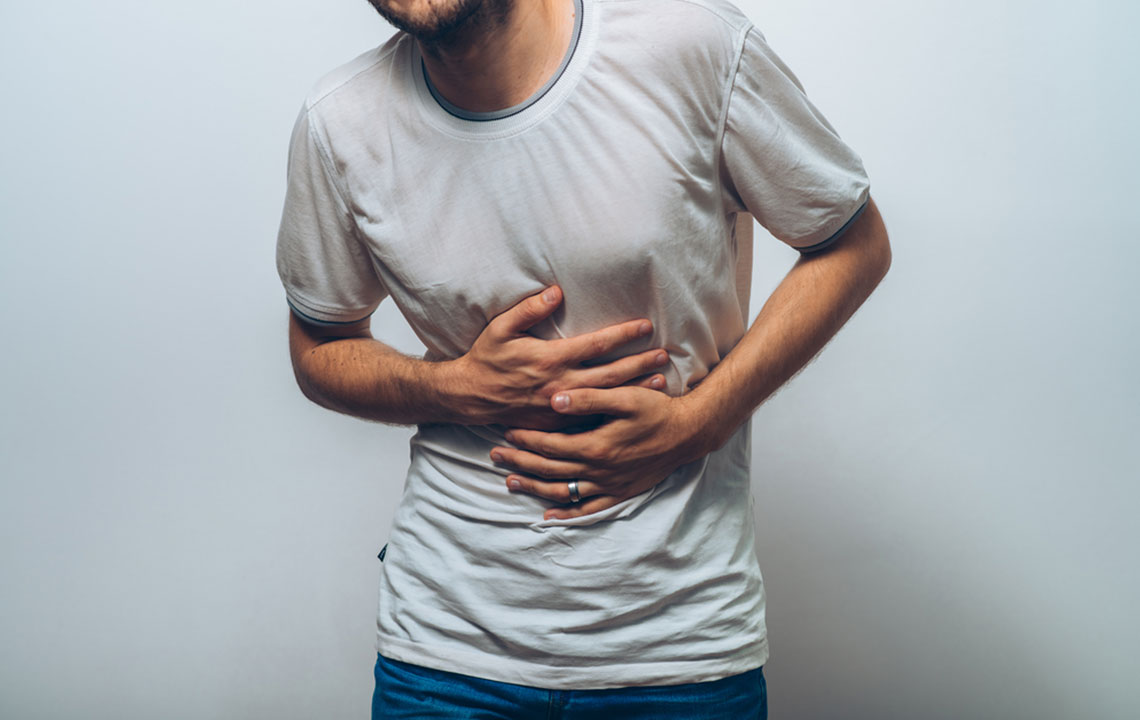Recognizing Signs of Stomach Cancer You Shouldn't Overlook
This article highlights the key early and late symptoms of stomach cancer, emphasizing the importance of prompt medical evaluation. It discusses diagnostic methods and the critical need for early detection to improve treatment success rates.

Early detection of stomach cancer can be challenging since initial symptoms are often mistaken for minor ailments. Many individuals dismiss early signs as stomach ulcers or infections. The risk increases for those over 40, especially above 55, with persistent symptoms, warranting immediate medical consultation. Globally, stomach cancer ranks as the third leading cause of cancer deaths, despite declining rates in some regions. Symptoms such as fatigue, nausea, heartburn, indigestion, early satiety, bloating, difficulty swallowing, stomach discomfort, anemia, and unexplained weight loss are common early indicators. Only a small percentage of cases are diagnosed early, emphasizing the importance of vigilance. Advanced stages may include vomiting blood, persistent stomach pain, and black stools, indicating bleeding. Diagnostic procedures like upper endoscopy help visualize stomach lining and identify abnormal cells for biopsy. Prompt diagnosis and treatment are crucial for better outcomes.









